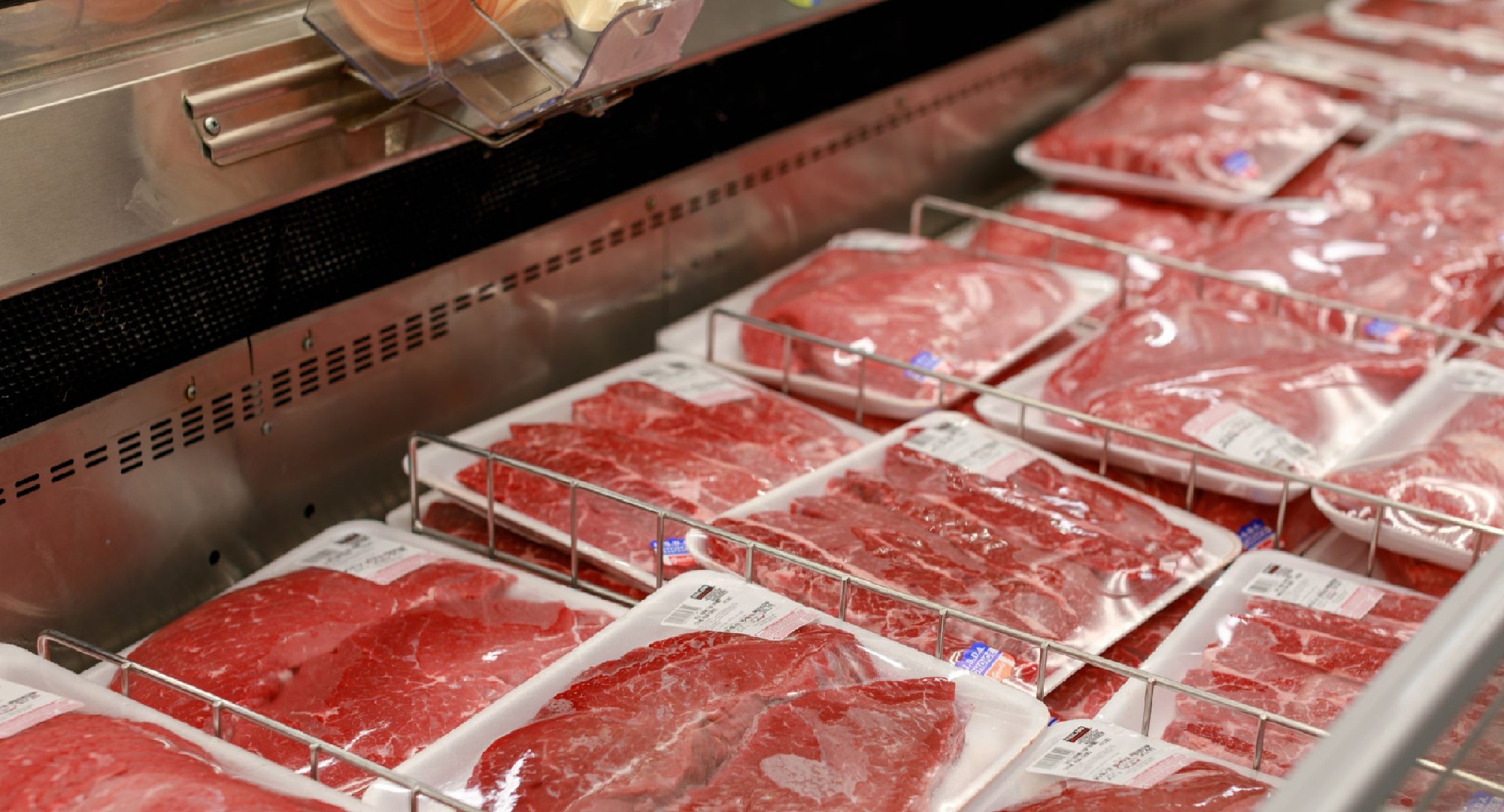A Distributed Ledger Technology Application to Manage Food Supply Chain

KEY INFORMATION
Infocomm - Blockchain & Other Distributed Ledgers
TECHNOLOGY OVERVIEW
Food tracking and traceability systems can utilize Distributed Ledger Technology (DLT) and Internet-of-Thing (IoT) sensors to streamline the workflow of food supply chain management. Such a traceability system mitigates the complex business processes and speeds up the workflow of working through multiple business owners along the nodes in the value chain. This Technology Offer is a DLT application that can be used to manage the food supply chain. The technology aims to obtain transparency, ease of transactions and speed of delivery, synchronization, tracking and security.
As an example, IoT sensors can be attached to livestock to obtain information about them from the source, and is uploaded to the ledger data of the node. When the livestock is shipped to the manufacturer, shipment tracking data can be uploaded. The transport is thus done with trackable ownership, possession and telemetry parameters such as location, temperature, humidity and activity. The manufacturer then processes the livestock, weighs the meat, packs and labels them. The label has a unique cryptographic QR code or NFC tag that links to the data citing the origins of the meat. The packaged meat is then shipped to the distributors, and eventually reaches the buyer. The final buyer can access a complete record of information and trust that the information is accurate and complete.
TECHNOLOGY FEATURES & SPECIFICATIONS
This Technology Offer is developed using a state-of-the-art permissioned blockchain platform that enables businesses to transact directly and in strict privacy with one another. With this technology, the system can bring numerous benefits to the process owners and customers in the supply chain. Customers are more likely to trust the quality and safety of the food they consume. Food manufacturers and logistics companies could benefit from enhanced productivity, cost savings and boosted process transparency by eliminating the need for third-party intermediaries to handle monetary transactions. This allows businesses and their customers to interact and transact directly at lower costs.
In terms of security, all contract transactions processed by the system are stored in chronological order in the blockchain and distributed across multiple systems. The transaction blocks are linked to each other and secured using well-established cryptography to provide high data integrity. No one can alter the contents of a block as all other nodes on the blockchain will detect this discrepancy and mark such an attempt as invalid. Regulators can also exploit the immutable feature of blockchain as an audit trail to verify compliance and detect fraud.
POTENTIAL APPLICATIONS
DLT is important in the global food trade as it ensures food safety and underpins trust to the end consumers. This technology is targeted at corporations and supply chain management that deals with livestock. It can be used by supply chain management to trace the food from farm to fork.
Unique Value Proposition
The software developed serves as a reference implementation for a food supply chain application. The target users are the process owners and consumers. This system can also be customised for other food industries such as halal, organic or agri-food industries.
Currently, proof-of-concept stage has been completed, and this Technology Offer is available for industry partners for collaborations and potential licensing.
